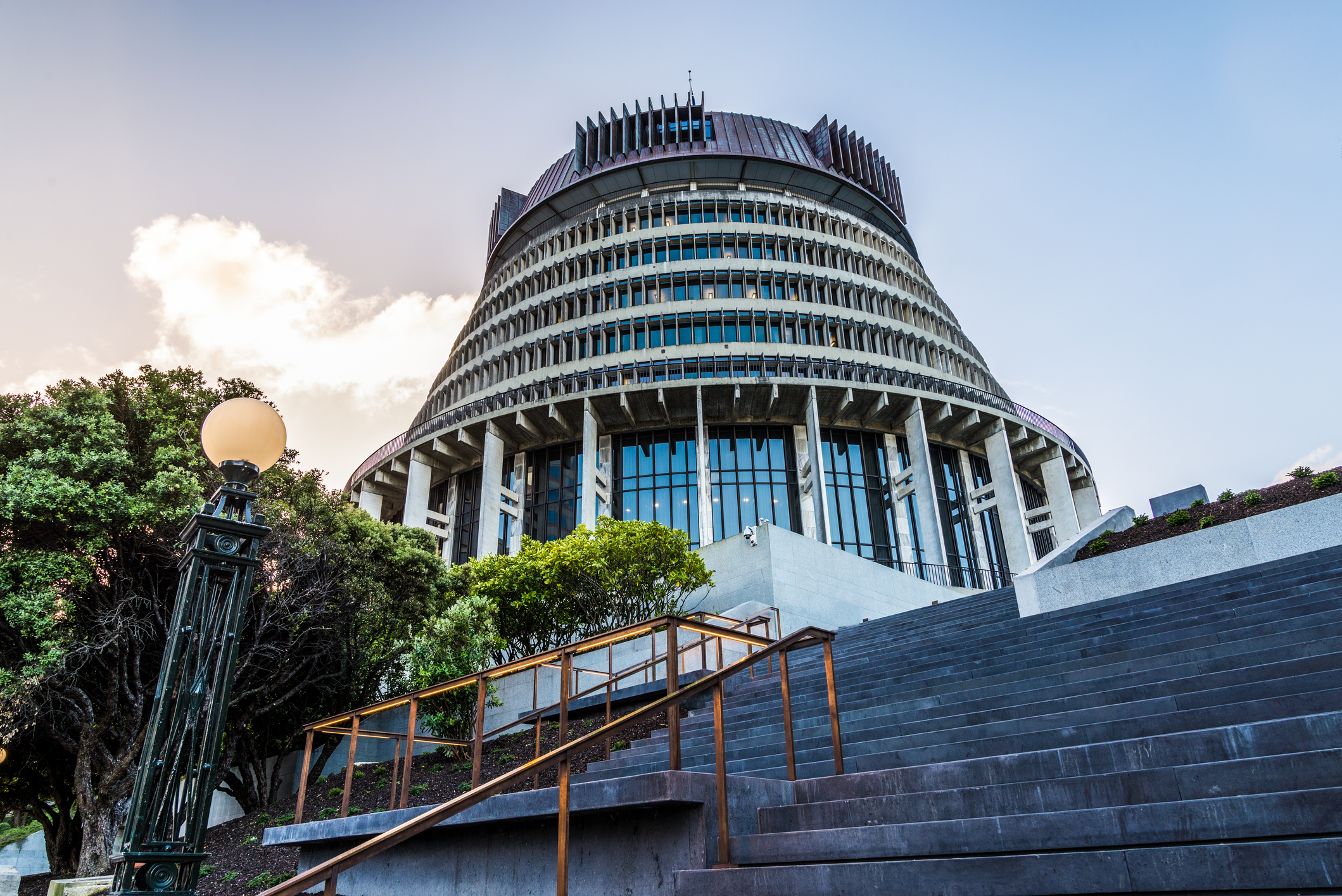
29 Aug Inside the Beehive: 7 weeks to go
In 47 days, New Zealand would have (almost) elected their 54th Parliament. While special votes, including overseas votes, will still need to be counted, it will be clear on October 14 which parties will be able to form the next Government. The sides are now clear, and be made up of either Labour, the Greens and Te Pati Māori or National and Act, with NZ First as an option if they get back. This is the last week of Parliament so from this weekend, it’s no more mucking around – Campaign 23 is go!
Here’s a run-down on the last week in politics, how it affects you, and what it might mean for your business or organisation.
The Substance
Basics of money management in school
Cost-of-living remains top of mind for Kiwis up and down the country, so this election, you will see all parties trying to tie their policies to what people are thinking about the most. Labour has committed to making financial literacy compulsory in all schools, such as personal finance management, budgeting and investing being taught in intermediate and secondary schools.
National has concurred with the decision in a rare bipartisan agreement between the two parties, so expect to see something come of this – no matter which way the pendulum swings in October.
Party rankings are released
Most party leaders have released their rankings , giving voters an indication of who might be an MP, and who might sneak into Cabinet.
Remember, list rankings do not take into consideration MPs who may win their electorate seats, so even if a respective MP sits in the fifties on the list, they could still be a Member of Parliament come October if they win their electorate over. Party lists are generally the prerogative of the Leader and gives them a chance to stamp their mark on the team they want going forward, but it is important not to give list rankings too much attention when thinking about Cabinet positions. The way the election is shaping up, this could change by the day.
The big stuff is coming
Timing and perception are everything in politics, and parties will want to get their timing perfect to ensure their hallmark policies and announcements get the best media coverage and produce a bump in the polls.
We are still seven weeks out, and most New Zealanders probably aren’t fully tuned into the election just yet – but that’s on the horizon with campaigning set to enter full swing as Parliament rises soon. When it does, you will quickly see parties come out with their boldest and brightest ideas trying to grab votes and get little wins any way they can.
The Numbers
The 1News/Verian poll was released last Sunday, which again matched the trends we have been seeing over the last three months – with National and ACT reaching 65 seats, four clear of the 61 seat majority.
Importantly, this poll was taken between August 12 and August 16, after Labour committed to removing the GST from fruit and vegetables. The hangover of that announcement has clearly been worse for Chris Hipkins than he would have liked, and he will need to go back to the drawing board on tax and on his finance plan, to ensure his next announcement draws more fanfare.
Another thing to note in this poll is that 12 percent of respondents either didn’t know who they were voting for, or chose not to say. Even if we assume half of them are undecided and will vote on election day, that means six percent is up for grabs in the next seven weeks for the party that can resonate to the New Zealand public the best. Six percent is a lot in a tight race – and while National’s Christopher Luxon and ACT’s David Seymour are in the lead, they will know that they can ill-afford to make mistakes on the campaign and risk those votes going elsewhere.
The Insights
What’s known as ‘the dark arts of politics’ by some in the industry is coming into fruition this election: the race is getting personal, it’s getting heated and in some cases, it’s becoming aggressive.
Tensions around race relations are high, with the Ministry of Pacific people at the centre following comments from ACT’s David Seymour, which you can see here. The establishment of Māori Wards by Councils are coming to light again, as is co-governance in our public services.
The revelation that the Ministry of Pacific People had spent $40,000 of taxpayer funds last week, prompted some members of the public to turn up to the Ministry and abuse their staff. Council staff across the country have reported an increase in abuse and negativity towards them, while party leaders and some high-ranking MPs and candidates will likely have security on hand during the campaign.
This is unprecedented for New Zealand. In addition to that, the misinformation agenda running rampant in some spaces since the pandemic, which can sometimes lead people astray and into talking about fringe topics attracting attention for the wrong reasons.
This is an important aspect of the campaign to keep an eye on, and that is why we always suggest that businesses and organisation do not comment quickly or throw themselves into political commentary, especially during an election campaign like this. In some cases, it’s important to respond – but reacting before we have considered the operating environment and the topic, is a risk. Businesses and organisations should always have their eyes on what is going on and what people are saying, but always have a measured approach that is apolitical in the public eye.
That’s where we come in. If you need help navigating a particular policy, or you want to engage with the campaign but you’re unsure how or what the specific risks are, let us know. We’re here to help and guide you through the process.